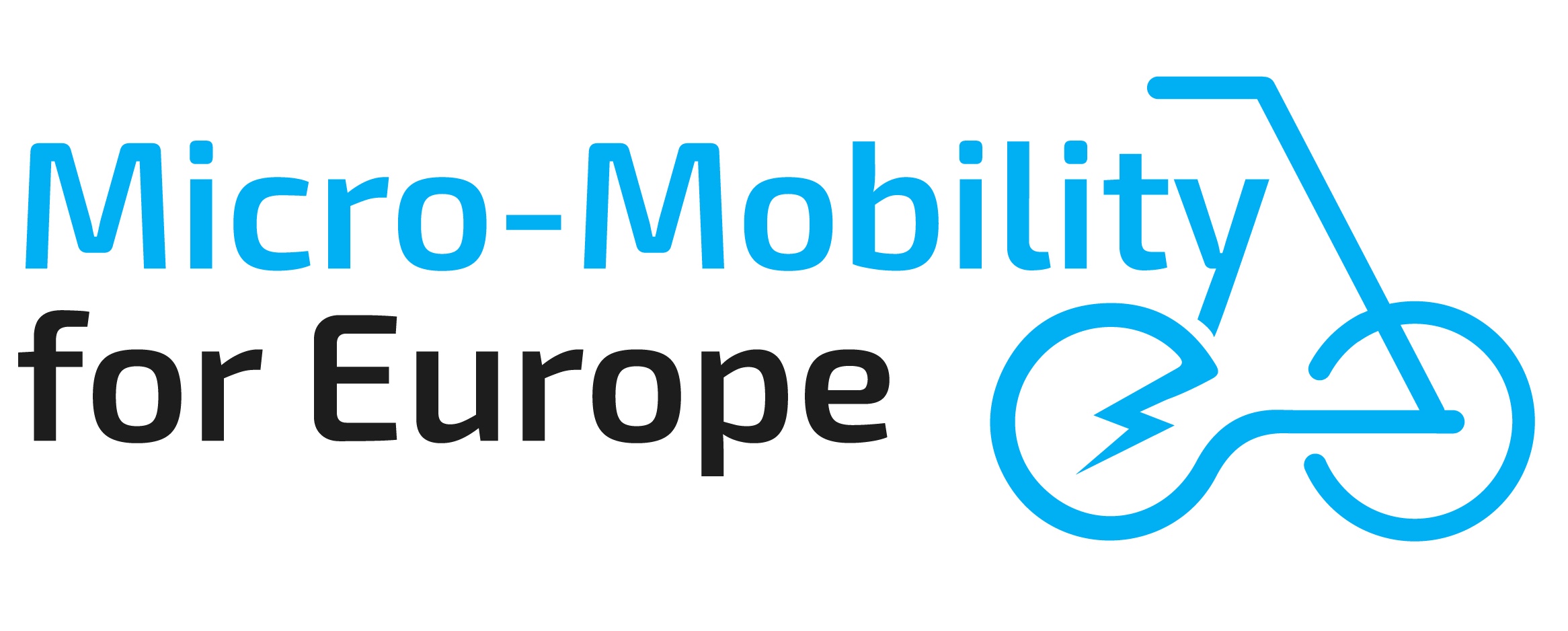November 2023
Micro-Mobility for Europe has joined forces with Transport & Environments’ Clean Cities Campaign and the Urban Intergroup at the European Parliament and set out policy priorities for the next term.
- Priority 1: Dedicate EU funds to foster dedicated infrastructure for micro-mobility, including cycling
- Priority 2: Promote the use of shared micro-mobility as a key to reduce dependency on privately owned-cars and create Day of Micro-Mobility
- Priority 3: Harmonise vehicle categories and encourage harmonised rules on the use of micro-mobility without creating new hurdles for the use of these vehicles and services
- Priority 4: Encourage multi-modal ticketing and the sale of public transport tickets
Jens Müller, Deputy Director and Head of Policy and Research, Clean Cities Campaign:
“Shared e-bikes and e-scooters are crucial to unlocking new ways of moving around cities -they are flexible, fast and don’t pollute the air we breathe. Policy-makers should tap into their full potential for reducing cars use. This requires more cycle lanes, dedicated parking areas and better rules to protect all road users. The EU can play its role by redirecting funding from cars to shared mobility and promoting the integration with public transport.”
Marc Naether, Co-Chair of Micro-Mobility for Europe:
“Ahead of the EP Elections in 2024, we have drawn up policy priorities together with our partners from T&E’s Clean Cities Campaign and the Urban Intergroup of the European Parliament. Shared micro-mobility can be a key enabler to reduce emissions, strengthen public transport and increase accessibility, and to seize its opportunities, we have outlined priorities that we would like EU institutions to focus on in the next term.
These include the need to invest in infrastructure, promote the use of shared micro-mobility to reduce dependency on private cars, the creation of a Day of Micro-Mobility, harmonising vehicle categories and enabling multi-modal ticketing.”


